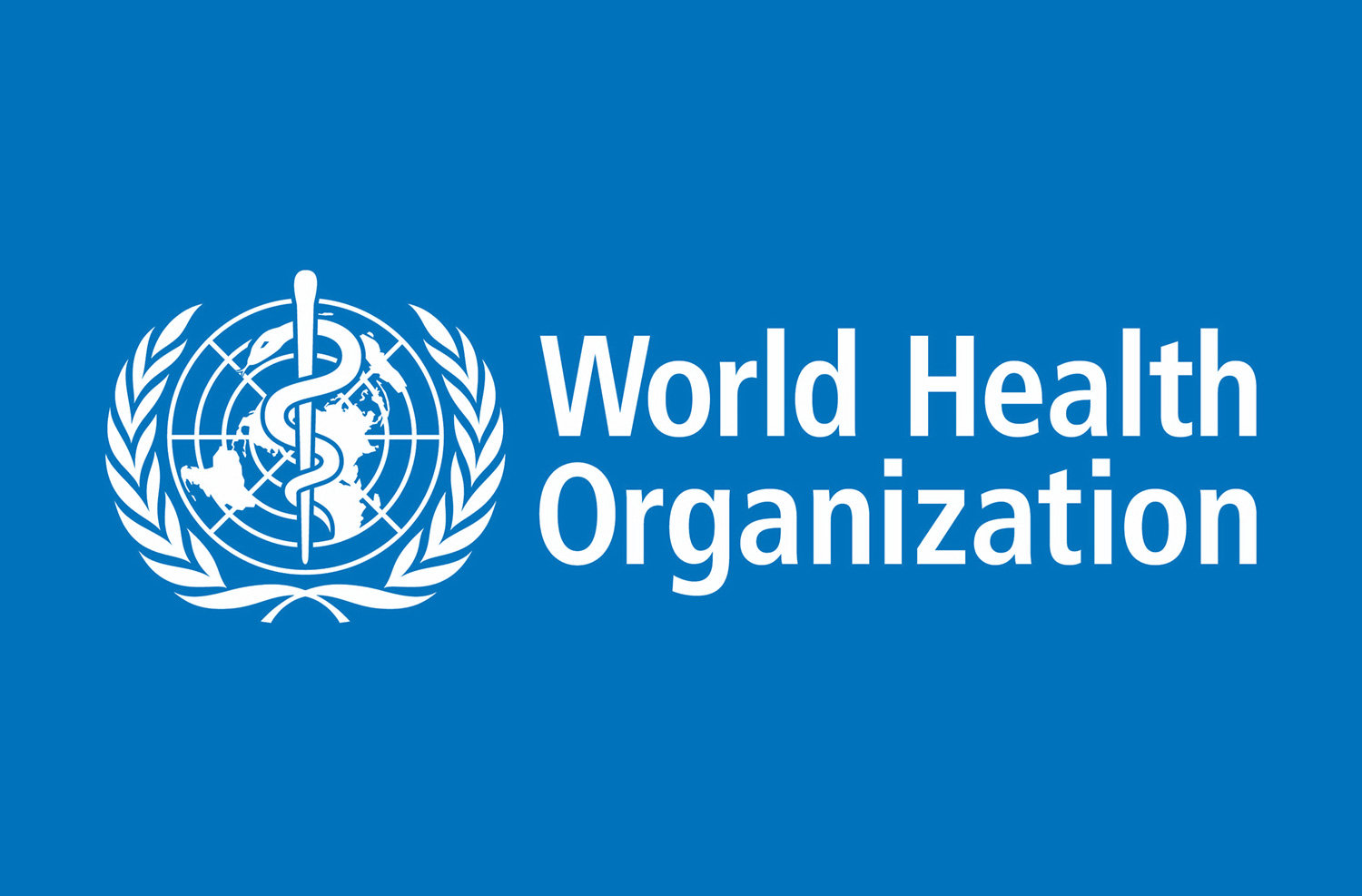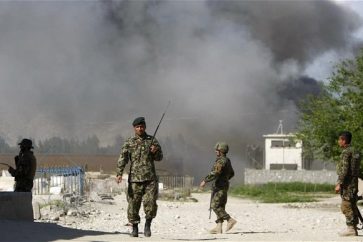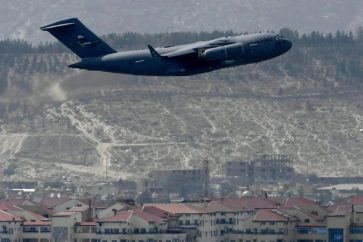The World Health Organization [WHO] says the international community should not turn its back on Afghanistan, warning that at least one million children are at risk of dying from acute malnutrition as temperatures drop in the war-ravaged country by the end of this year.
Around 3.2 million children are expected to suffer from severe malnutrition in Afghanistan by the end of 2021, a WHO spokesperson told Geneva-based journalists by telephone from the capital Kabul on Friday.
“It’s an uphill battle as starvation grips the country,” Margaret Harris said. “The world must not and cannot afford to turn its back on Afghanistan.” She added that nighttime temperatures are falling below zero degrees Celsius, warning that colder temperatures can make the old and the young more vulnerable to other diseases.
Aid agencies have warned of famine in Afghanistan as a drought coincides with a failing economy in the country following the withdrawal of Western financial support in the aftermath of a Taliban takeover in August. The health sector has been hit hard as many healthcare workers are fleeing due to unpaid salaries.
Harris further noted that people are chopping down trees in some places to provide fuel for the hospitals amid widespread shortages. The WHO official did not have information as to how many children had already lost their lives due to malnutrition but described “wards filled with tiny little children,” including with a seven-month-old baby who was “smaller than a newborn.”
There are increasing cases of measles in Afghanistan with the WHO date showing 24,000 clinical cases had so far been reported.
“For malnourished children, measles is a death sentence. We will see so many more deaths if we don’t move on this quickly,” Harris said.
The previous government of Afghanistan collapsed on August 15 in the face of lightning advances by the Taliban. On September 7, the Taliban announced the formation of a caretaker government in Afghanistan. Even before the takeover, over 18 million Afghans required urgent humanitarian assistance. The persisting conflict and violence also internally displaced more than 3.5 million people, including some 630,000 uprooted during 2021.
The Taliban first ruled Afghanistan from 1996 to 2001, when the United States invaded the country and toppled the Taliban-run government under the pretext of fighting terrorism following the September 11 attacks. Two decades of foreign war and occupation have left Afghanistan impoverished and mired in an extended humanitarian crisis.
Afghanistan, now under the Taliban control, is facing many challenges, with experts calling for urgent international action to support millions of people struggling with rising hunger and the collapse of services, which risk generating a much bigger humanitarian crisis.
Source: Agencies




